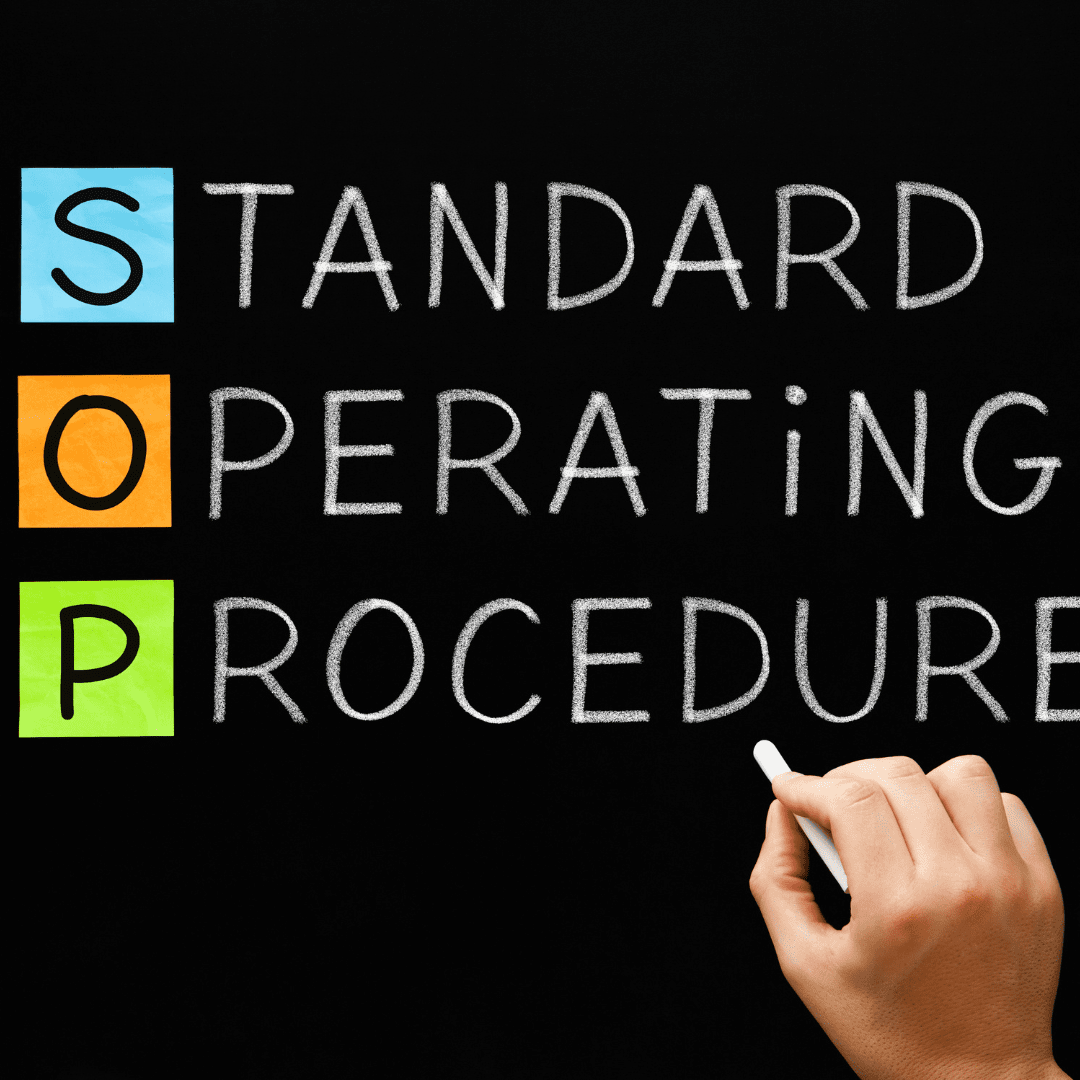Introduction
Standard Operating Procedures (SOPs) play a critical role in ensuring consistency, efficiency, and safety within organizations. While creating SOPs in a universal language like English may seem convenient, there are compelling reasons to consider developing them in the local language. In this blog post, we will explore ten key reasons why you should create your SOPs in the local language.
Enhanced Clarity and Comprehension
Accessibility for All Employees
Not all employees may have a strong command of the English language. Developing SOPs in the local language ensures that every team member, regardless of their language proficiency, can access and understand the procedures. This promotes inclusivity and equal opportunity for all employees to adhere to the SOPs.
Improved Compliance
When SOPs are available in the local language, employees are more likely to adhere to them consistently. They can easily comprehend and follow the guidelines, reducing the risk of non-compliance. This ensures that your organization operates in accordance with established standards and regulations.
Minimized Errors and Misinterpretations
Translating SOPs from a foreign language can introduce the possibility of errors or misinterpretations. By creating SOPs directly in the local language, you eliminate the need for translation, reducing the likelihood of misunderstandings and errors that could potentially impact operational efficiency or safety.
Cultural Sensitivity
SOPs developed in the local language demonstrate respect for the local culture and its nuances. Certain procedures may be specific to the local context, and using the local language allows for a more culturally sensitive approach, fostering a sense of belonging and engagement among employees.

Effective Training and Onboarding
Promotes Employee Confidence
Facilitates Communication and Collaboration
When SOPs are created in the local language, it becomes easier for employees to discuss procedures, seek clarifications, and share feedback. This facilitates smoother communication and collaboration among team members, fostering a collaborative work environment.
Adapts to Local Regulations and Requirements
Operating in different regions often involves adhering to local regulations and requirements. By creating SOPs in the local language, you can align your procedures with specific local regulations, ensuring compliance and avoiding any potential legal or operational complications.
Customer Satisfaction
In customer-facing industries, having SOPs in the local language can positively impact customer satisfaction. Employees who are well-versed in the local language can deliver a better customer experience, understanding customer needs, and communicating effectively.
Conclusion
Creating SOPs in the local language brings numerous advantages to organizations, ranging from improved comprehension and compliance to enhanced employee confidence and customer satisfaction. By prioritizing the local language, organizations can foster a culture of inclusivity, promote clearer communication, and ensure the effective implementation of standardized procedures.
